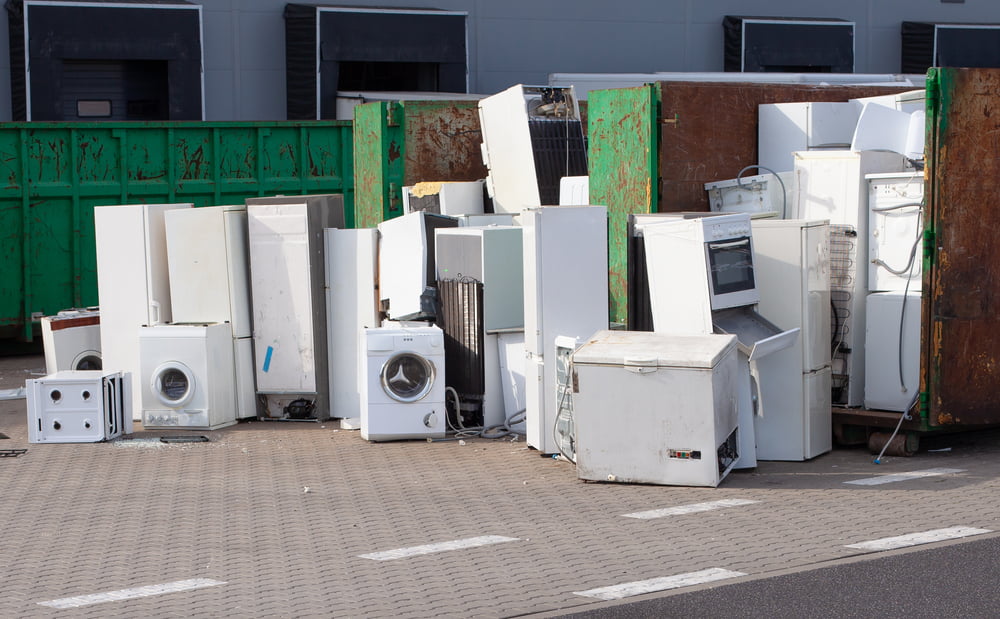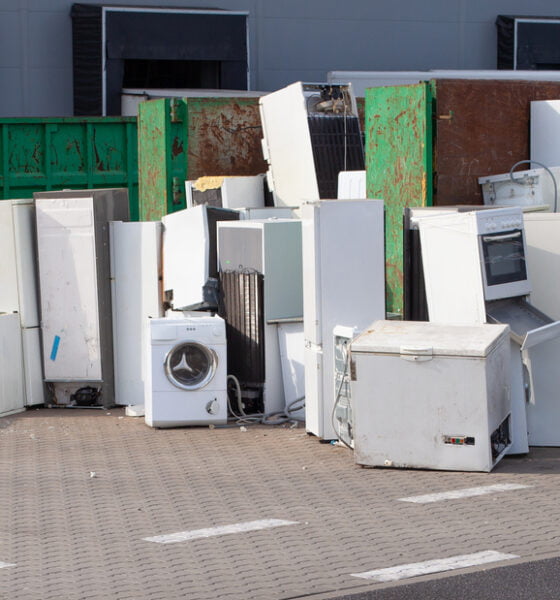

Environment
How to Dispose of Scrap Metal in an Ethical and Eco-Friendly Way: 5 Options
In today’s world, where environmental consciousness is rising and becoming a collective concern, it is essential to dispose of scrap metal ethically and in an eco-friendly way.
Whether you have leftover metal from a home renovation project or industrial waste, disposing of it responsibly can help minimize the environmental impact and contribute to a more sustainable future.
This blog will explore various ethical and eco-friendly ways and practices for disposing of scrap metal, ensuring that it is recycled, repurposed, or safely discarded without causing harm.
1. Separate and sort the metals
The best way to ensure efficient and eco-friendly recycling and disposal is to separate and sort the different types of scrap metal. Here is why that is important:
Different metals have distinct metal recycling processes; separating them makes it easier for recycling facilities to process them correctly. Sort your scrap metal into various categories based on their qualities.
For example, separate ferrous (containing iron) and non-ferrous metals; ferrous metals include steel and iron, while non-ferrous metals are the likes of aluminum, copper, brass, and stainless steel. Different metals, from non-metallic attachments like plastic, rubber, and glass, are also different.
Separating and sorting them at the source allows for better recycling rates and prevents contamination, ensuring the maximum value and usability of the recycled metals.
2. Find local recycling centers
Another way you can dispose of scrap metal ethically and in eco-friendly ways is to do so at local recycling centers or scrap metal yards because such facilities have the know-how and equipment to handle and process various metal wastes efficiently.
Research online directories or contact local waste management authorities to identify nearby recycling centers that accept scrap metal. Ensure the chosen facility follows proper environmental regulations and ethical recycling practices.
Choosing a reputable recycling center assures you of ethical scrap metal recycling and disposal, thus minimizing the environmental impact.
3. Recycle scrap metal yourself
If you’re enthusiastic about taking a more hands-on approach to recycling scrap metal, here are some useful tips to consider:
- Learn about DIY recycling techniques: Educate yourself about DIY recycling techniques for specific types of scrap metal. Some metals, like aluminum, are recyclable at home using basic tools and equipment. Use the internet to learn how to dispose of various scrap metals or recycling guides to understand the process and safety precautions.
- Prepare the scrap metal: Before recycling, clean the scrap metal by removing any non-metallic attachments like paint, rubber, or plastic. Doing this ensures better recycling efficiency and prevents contamination.
- Find local scrap yards or buyers: Look for local scrap metal yards, recycling centers, or buyers who accept self-recycled materials. Ensure they have proper licenses and follow ethical recycling practices. Some facilities may even pay you for the recycled metal based on current market prices.
- Take safety precautions: Wearing protective gear like gloves and safety goggles to avoid injuries is one of the best ways of ensuring safe metal disposal. Use the right tools to be cautious when handling sharp or heavy metal objects.
4. Safe disposal of hazardous metal waste
Certain types of scrap metal, such as lead, mercury, or other hazardous substances, require special handling and disposal methods. Identify and separate these materials from the rest of your scrap metal.
Contact your local waste authority or environmental management agencies to inquire about appropriate disposal options for hazardous metals. They can guide you on safe disposal methods, such as drop-off locations or collection events for hazardous waste.
Ensuring the responsible disposal of these materials prevents them from entering the environment and causing harm to ecosystems, wildlife, and human health.
5. Consider donating or selling usable items
If your scrap metal items are still in good condition and others can use them, consider donating or selling them. Some nonprofit organizations, schools, or art studios may be interested in collecting scrap metal for creative projects or educational purposes.
You can also explore online platforms or local classifieds to sell used metal items to individuals or businesses in need. Giving these items a second life contributes to a circular economy, reduces waste, and supports the local community.
Conclusion
In conclusion, disposing of scrap metal in an ethical and eco-friendly way is a collective responsibility. By collectively adopting these five practices, we can conserve resources, protect the environment, and reduce waste.
Let’s all prioritize responsible scrap metal disposal and make a positive impact on the planet we call home.


















